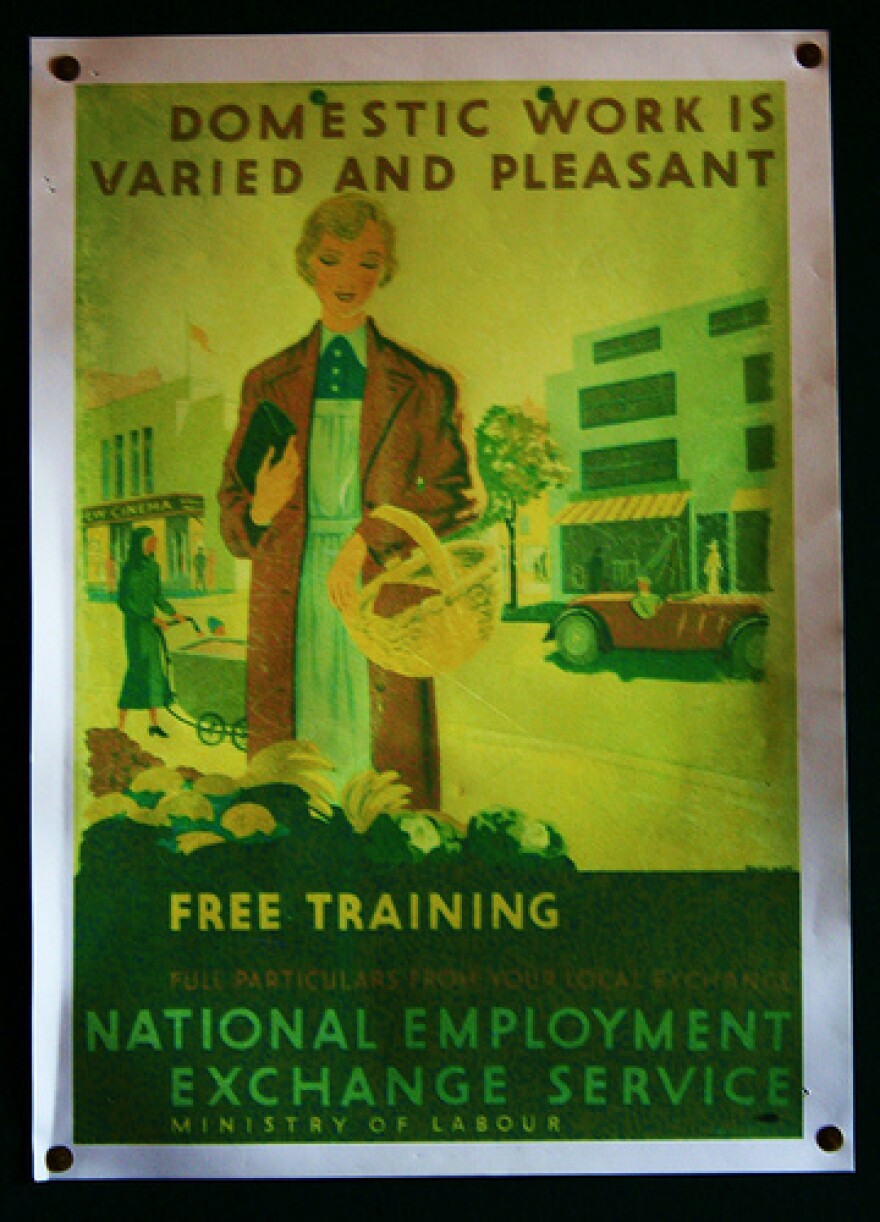There has been virtually no end to the stories focusing on the "Lean In" concept put forth by then- C.O.O of Facebook Sheryl Sandburg, focusing on whether highly talented and visible---and basically well-off---women could "have it all.”
But, as writer Laurie Penny wrote in The New Statesman, "While we all worry about the glass ceiling, there are millions of women standing in the basement---and the basement is flooding."
Domestic workers. The people that come into our homes to cook, clean, nanny or provide health care. Historically, many of these workers were African American women who were servants to families.
Today, household workers are critical to our economy, but all too often they're the invisible and underpaid part of society.
Why are they so invisible and what needs to happen to lift them out of that "flooding basement?"
Dr. Eileen Boris is the Hull Professor and Chair, Department of Feminist Studies and a Professor of History, Black Studies, and Global Studies at the University of California Santa Barbara. She joined us today.
Listen to the full interview above.





